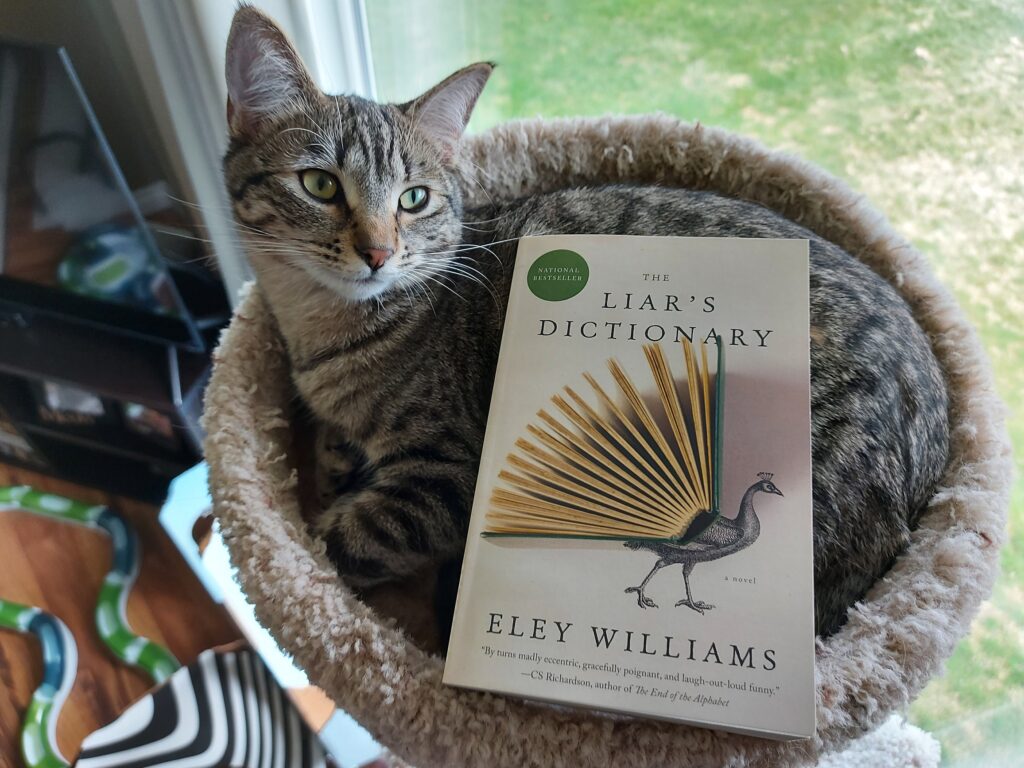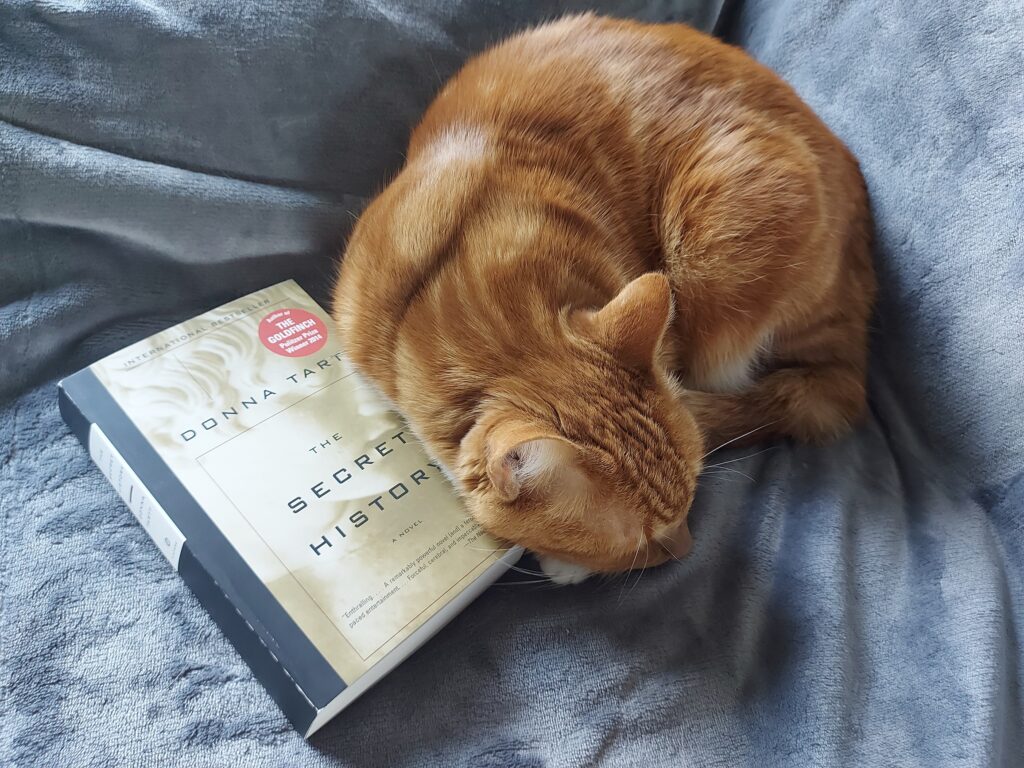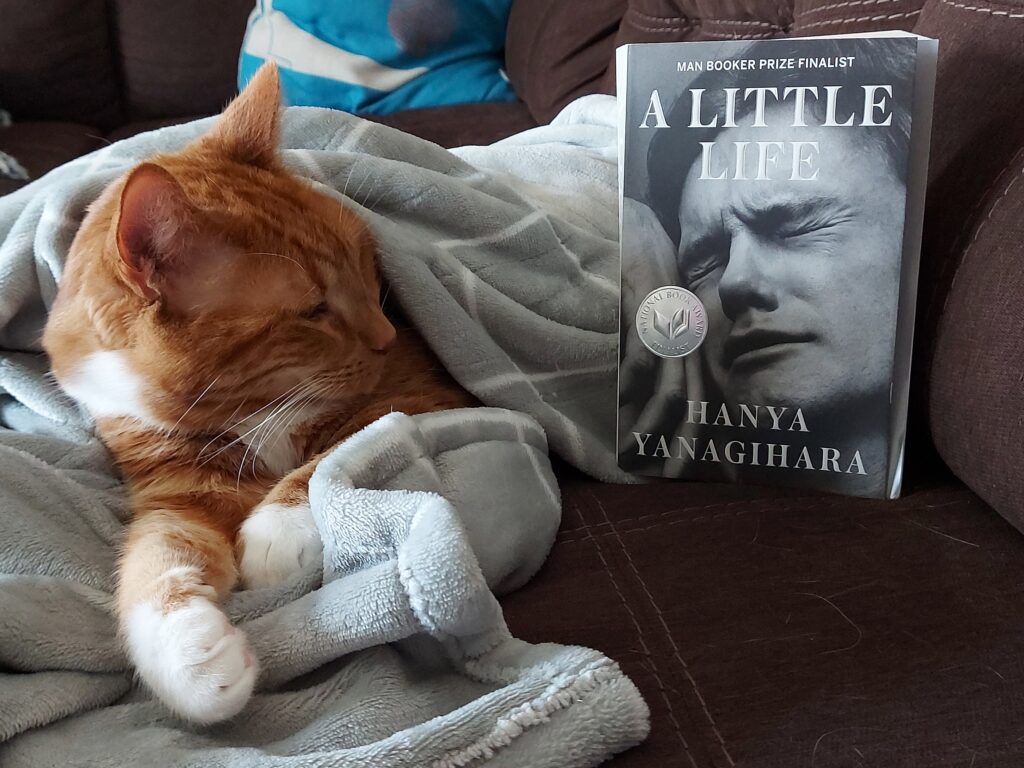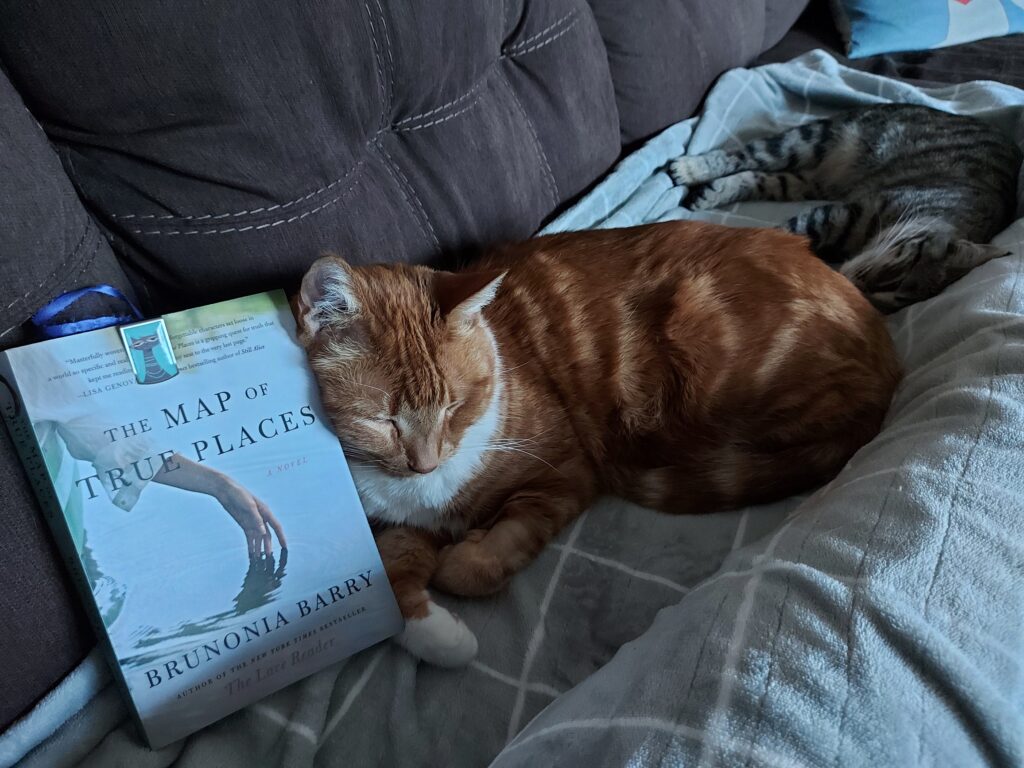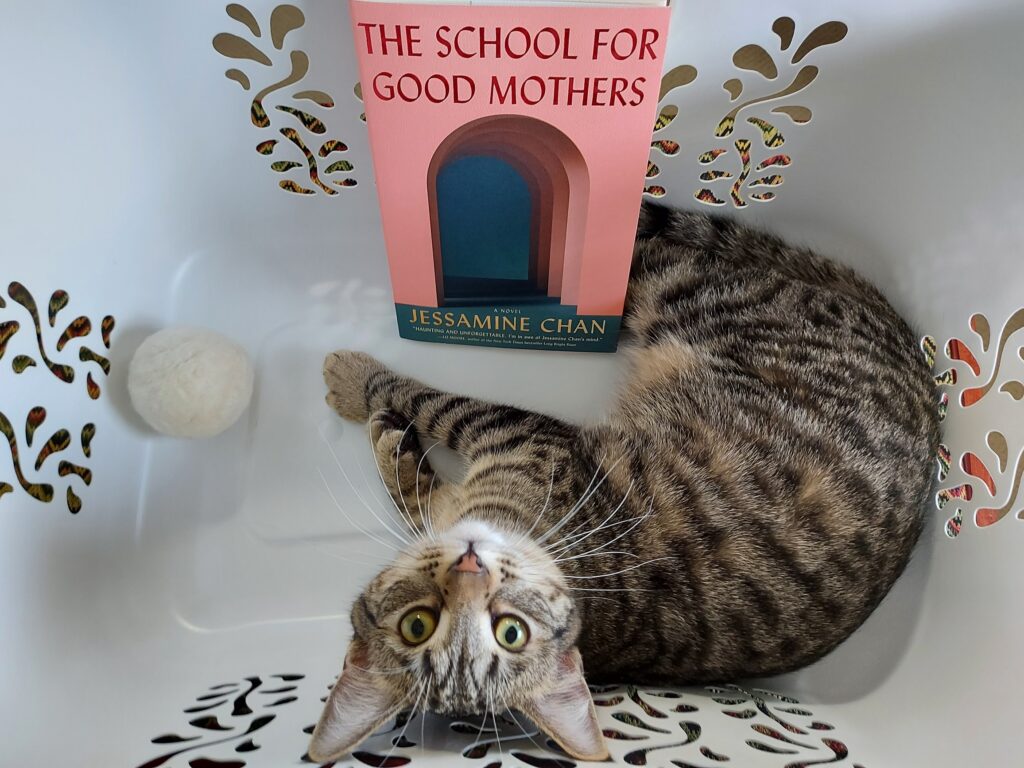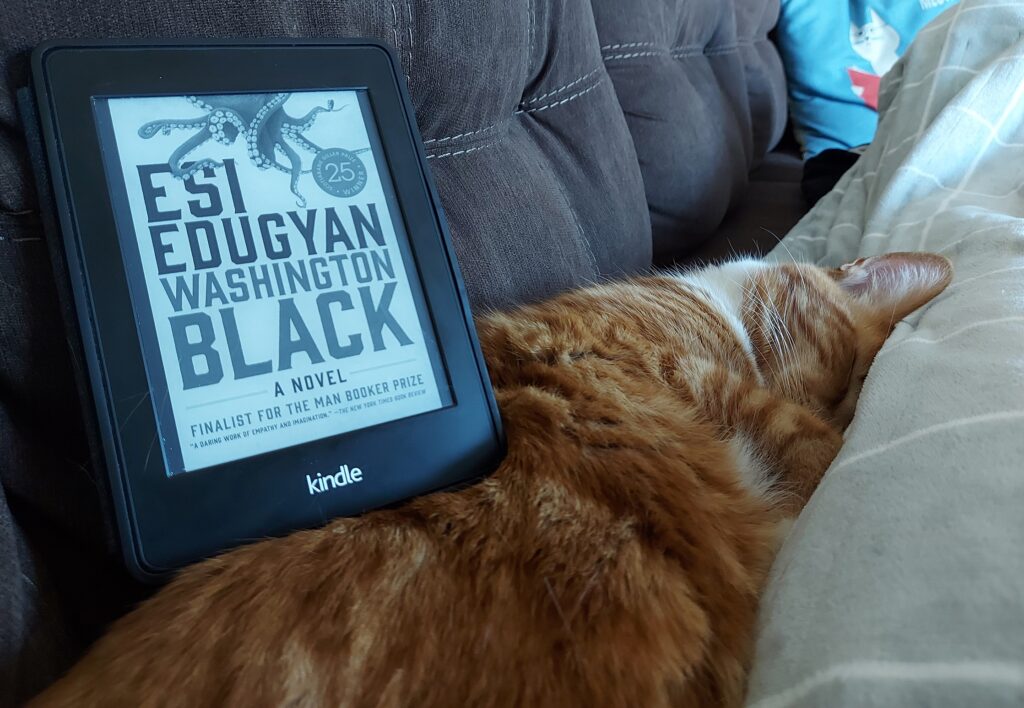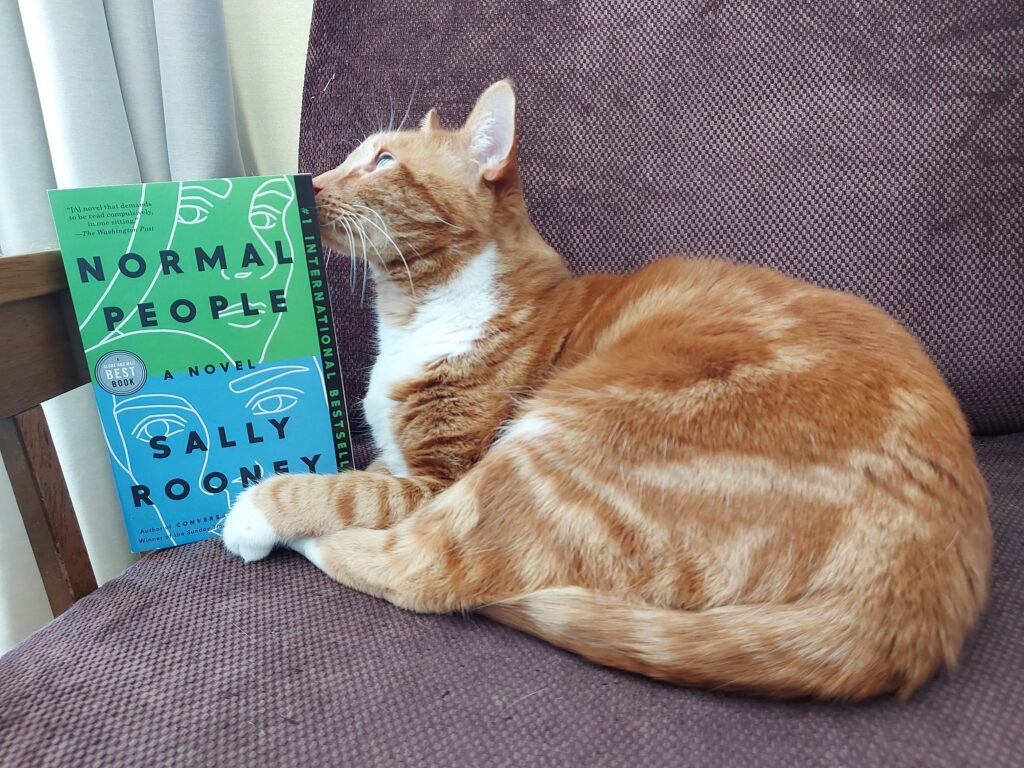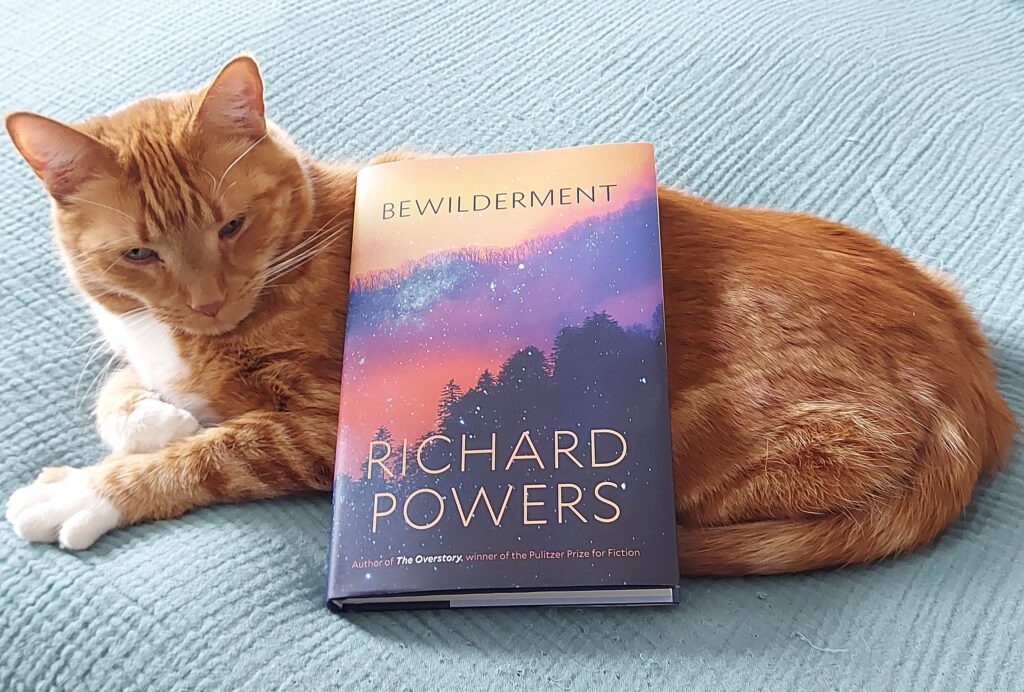Sea of Tranquility by Emily St. John Mandel
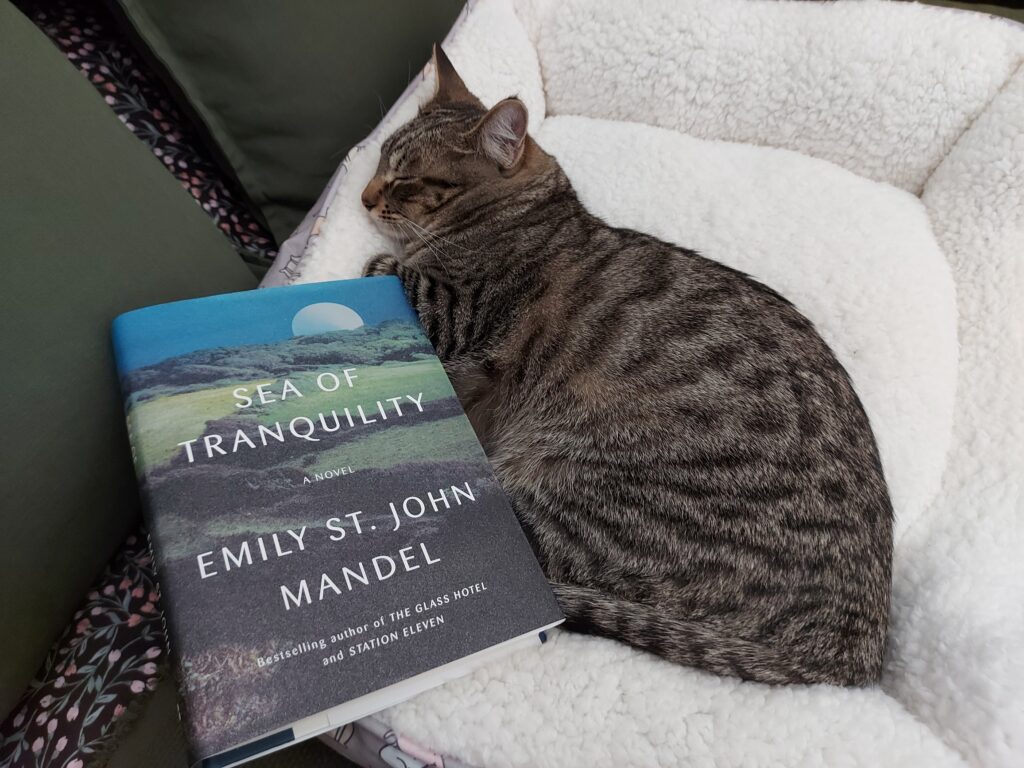
Station Eleven by Emily St. John Mandel is one of my favourite novels. It has been adapted into an excellent TV miniseries on HBO. It was published in 2014 and is about a pandemic (I think Emily St. John Mandel must be a bit prescient) that wipes out over ninety percent of Earth’s population, and how what is left of humanity lives on fifteen years after the pandemic. I enjoyed Sea of Tranquility almost as much as I enjoyed reading Station Eleven. Written during the COVID pandemic, Sea of Tranquility also features a pandemic, but the pandemic does not take centre stage. I would not classify Sea of Tranquility as dystopian or science fiction, even though part of the novel is set in the future when humans have colonized the moon and outer space; rather, it is a novel whose focus is on human nature and human relationships.
…
